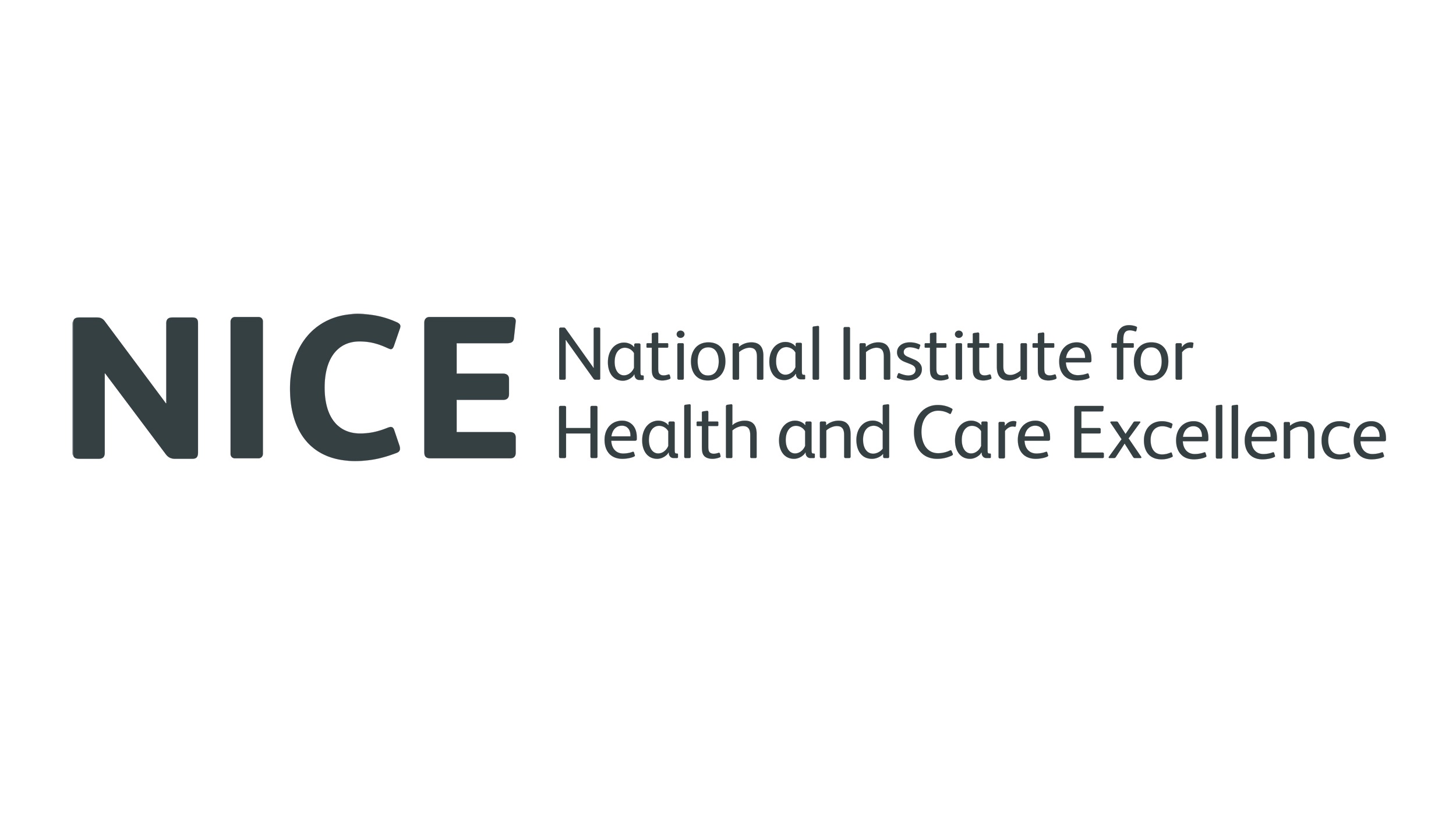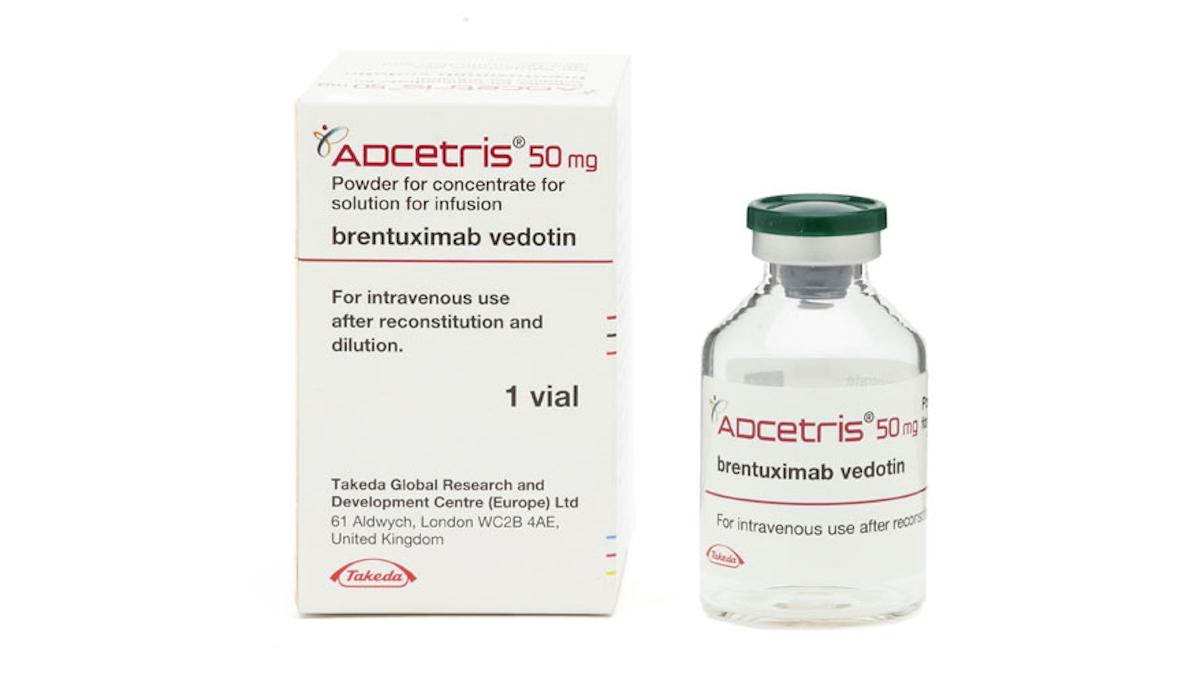Adcetris falls victim to NICE’s Cancer Drugs Fund clear-out

NICE has ruled that Takeda’s Hodgkin’s lymphoma treatment Adcetris should no longer be funded on the NHS, saying there isn’t enough evidence to support its use.
The treatment is a ‘legacy’ product on the Cancer Drugs Fund (CDF) – a drug which currently receives funding through the special route but never went through NICE’s cost and clinical effectiveness review.
The CDF was re-launched late last month as a ‘managed access fund’ and NICE has been given the task of reviewing all the legacy products – with a clear view of clearing out any drugs which don’t meet its cost effectiveness criteria.
Until last year, cancer drugs in England had been able to bypass NICE’s rigorous – some would say too strict and inflexible – cost effectiveness criteria, but a mounting overspend meant the CDF had to change.
NICE has been asked by NHS England to review all the drugs on the old CDF in order to weed any which are not cost effective. The fear is that these 31 legacy drugs will otherwise eat up the majority of the new CDF’s annual budget – £340 million – leaving none for drugs nominated for the new CDF.
Takeda’s Adcetris (brentuximab vedotin) can cost between £69,000 and £87,000 per patient per course.
NICE says Takeda stated during the appraisal process that it didn’t want to apply for funding through the new CDF because the patient population was small – around 50-60 eligible patients a year.
NICE says the company argued it was unclear what further information data collection could provide.
Professor Carole Longson, director of the Centre for Health Technology Evaluation at NICE, said: “We recognise that people with this type of Hodgkin’s lymphoma are difficult to treat, but there is not enough convincing evidence on brentuximab vedotin’s clinical and cost effectiveness to recommend its use within the NHS as representing value for money.”
NICE’s decision is still only at the preliminary stage, which leaves the door open for Takeda to offer price discounts in order to gain approval.
Jon Neal, business unit director, Oncology, Takeda UK, said the drug has been a ‘game changer’ in treating relapsed or refractory Hodgkin lymphoma, being the only licensed medicine in this setting.
He added that recently published five-year follow up data show that median overall survival for Adcetris was nearly 3.5 years, longer than the historical survival data of less than three years quoted within NICE’s appraisal.
"This is a rare disease that often affects young people and due to the high level of unmet need, brentuximab vedotin was granted a licence based on unprecedented phase 2 trial results. This poses a challenge to the NICE methodology which penalises the absence of phase 3 data which is often the case for rarer cancer medicines".
Takeda isn’t the first to cry foul at the transition to the new CDF. Two weeks ago, Eisai protested at its thyroid cancer drug Lenvima being left off the new CDF.
NICE is understood to be holding special extra appraisal committee sessions to review more legacy drugs, a process which is likely to see more drugs ejected from the fund over the coming year.
The pharma industry is also gloomy about the new managed access CDF - a recent straw poll conducted during a recent pharmaphorum webinar found most believed the new system would see greater restrictions on access to new cancer drugs.











